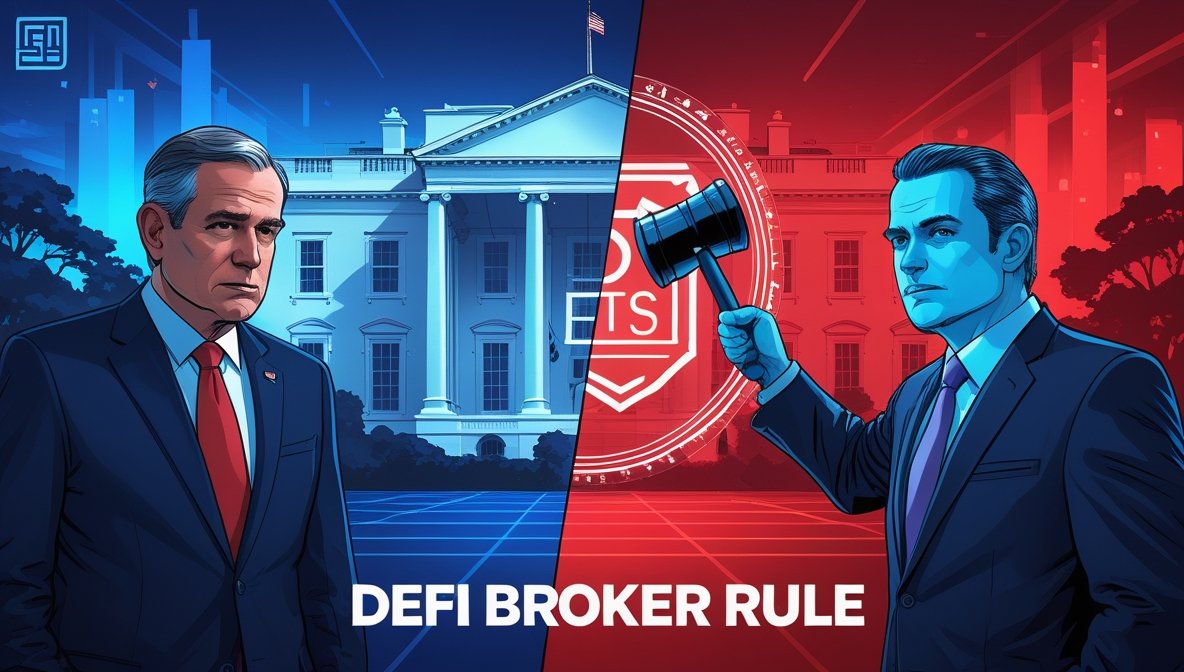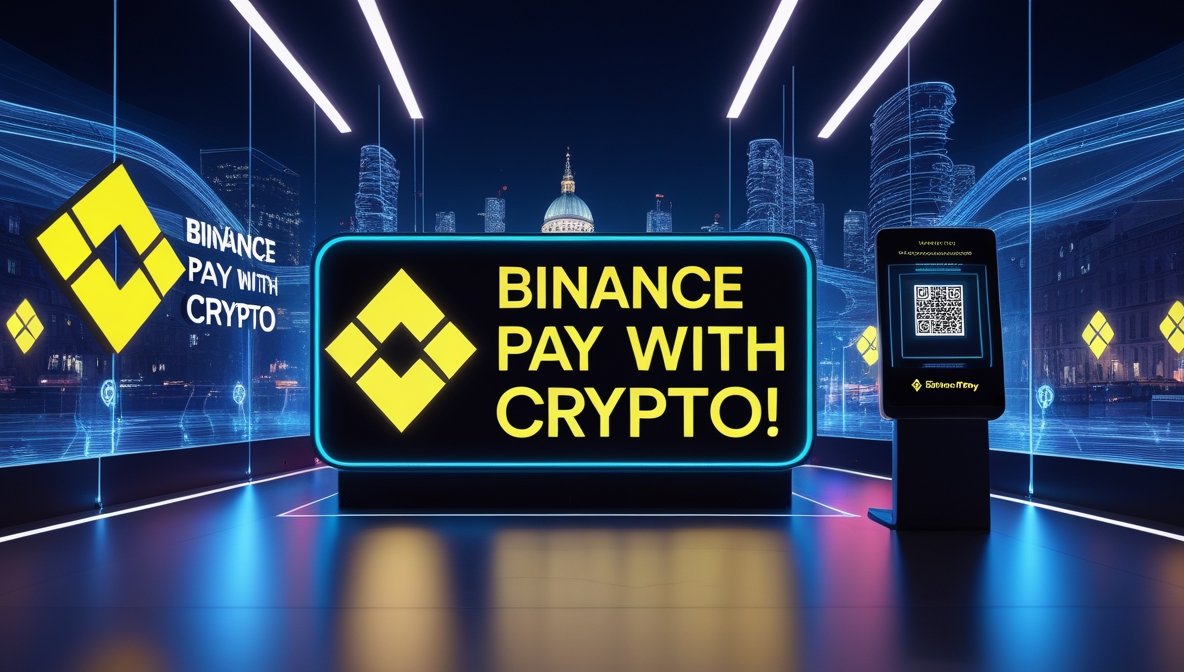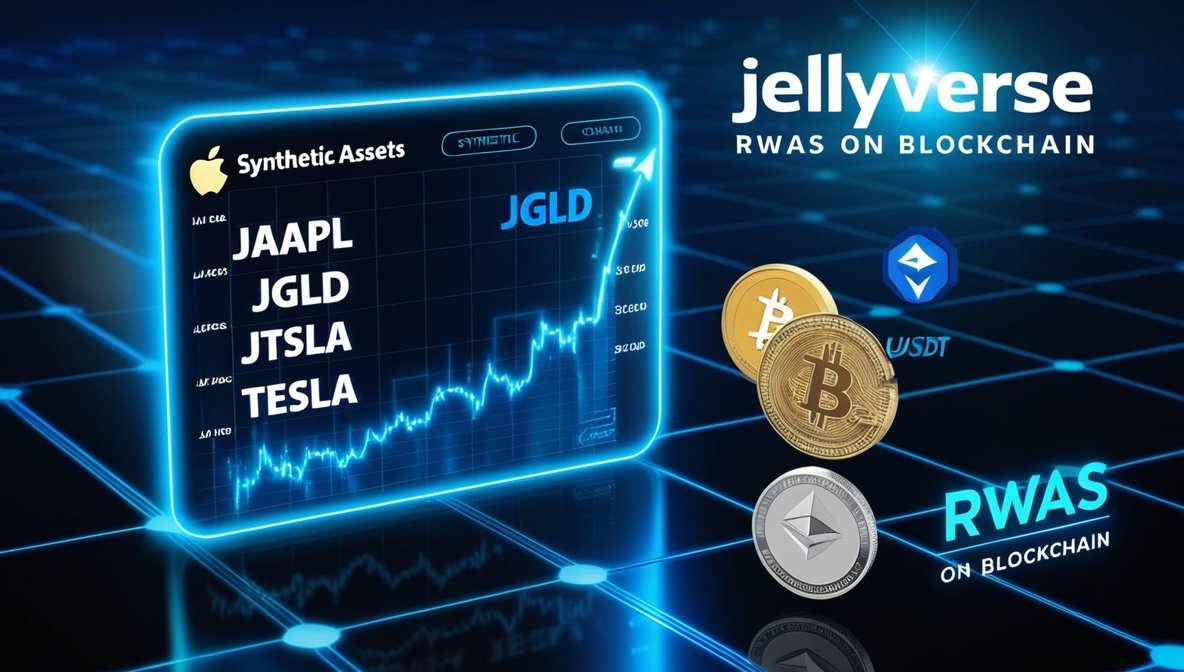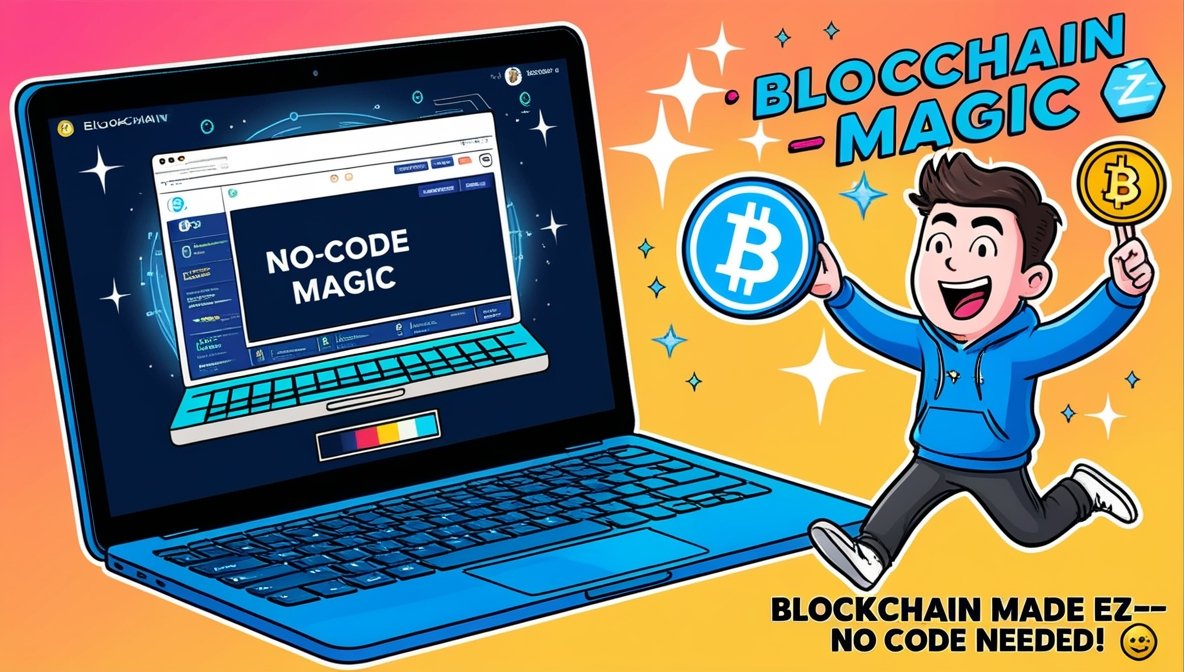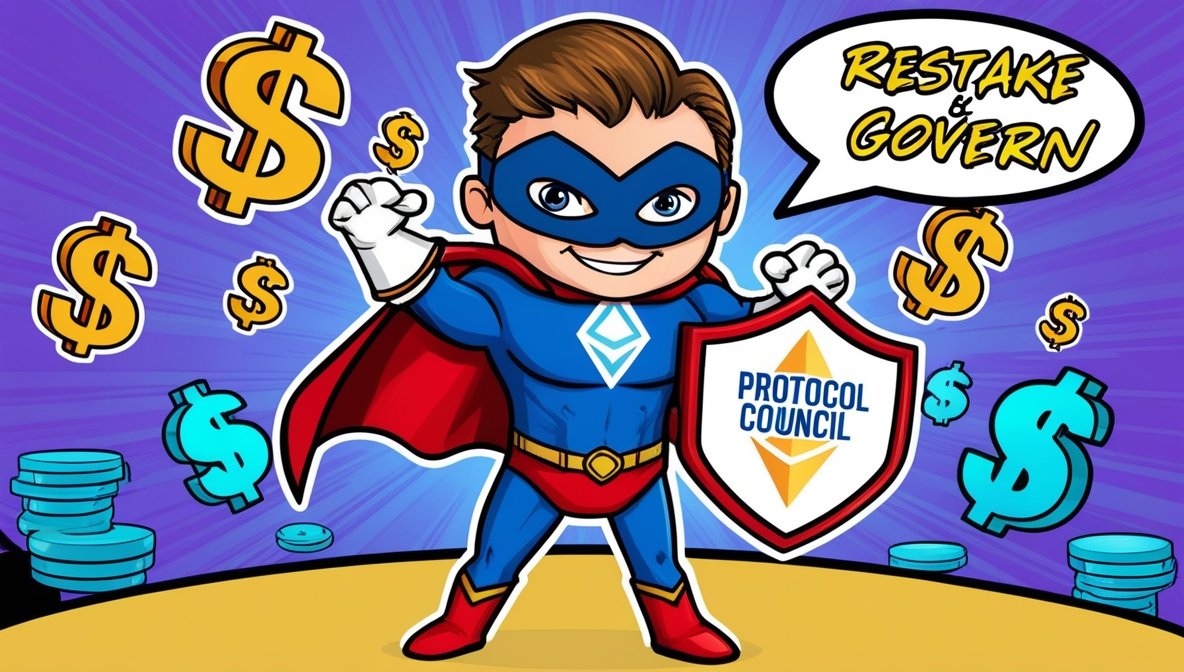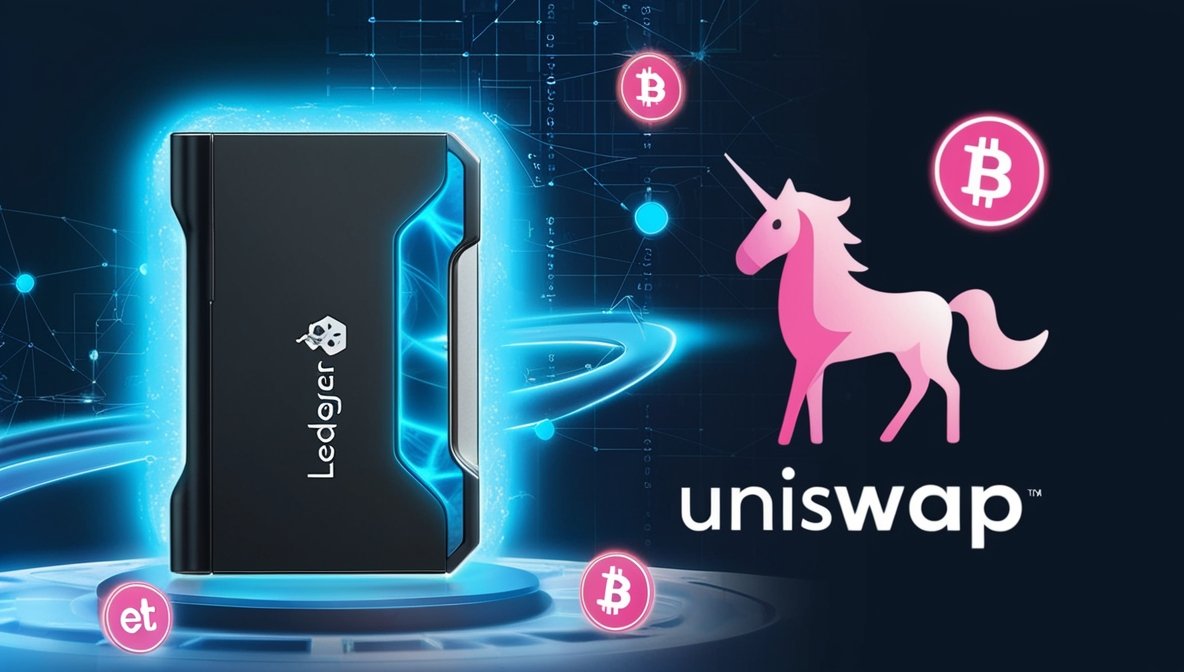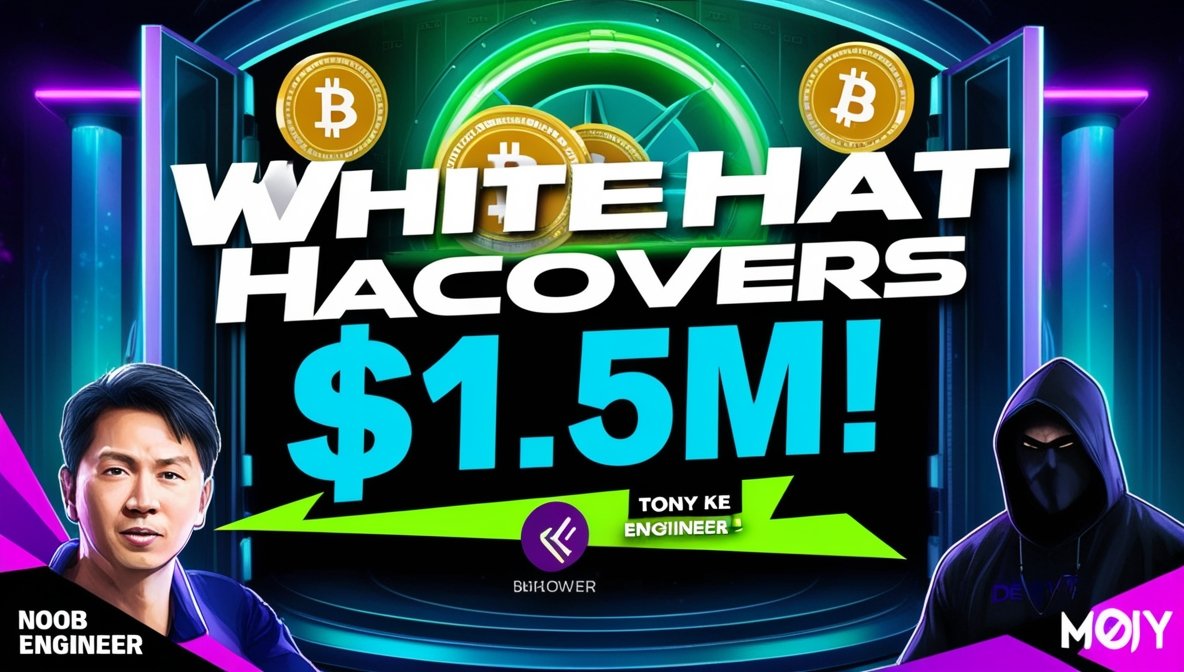Summary: Users of Binance Wallet can now swap all listed currencies for free, except for network gas fees. The zero-fee promotion lasts from March 17 to August 17 and covers swaps, bridging, and Quick Buy transactions within the wallet.
Binance, the world’s biggest crypto exchange, has launched zero trading fees for all the assets supported by its Binance Wallet. Traders can bridge, exchange, or buy assets without trading fees, although network gas fees will be charged.
YOU MIGHT ALSO LIKE: Strategy Expands Bitcoin Holdings with Another $10.7M Purchase
The campaign starts on March 17 at 8:00 UTC and lasts for five months until August 17. Binance clarified that the zero fees only apply to transactions made through the combined swap and bridge feature or Quick Buy on Binance Alpha.Third-party dApps are not covered under the campaign.
It’s to be noted that it is not a waiver of Binance Exchange trading but is especially designed for Binance Wallet customers alone. With Binance setting the pace in the crypto world with billions traded on a daily basis, this move may lead to increased use of its wallet products.
YOU MIGHT ALSO LIKE: Hamster Kombat Drops New Morse Code Challenge – Win 1M Coins!
Binance currently boasts over 264 million users, managing $139.3 billion in user funds, with a 24-hour trading volume of $13.4 billion. The exchange also recently secured a $2 billion investment from Abu Dhabi’s MGX, further solidifying its financial strength.




